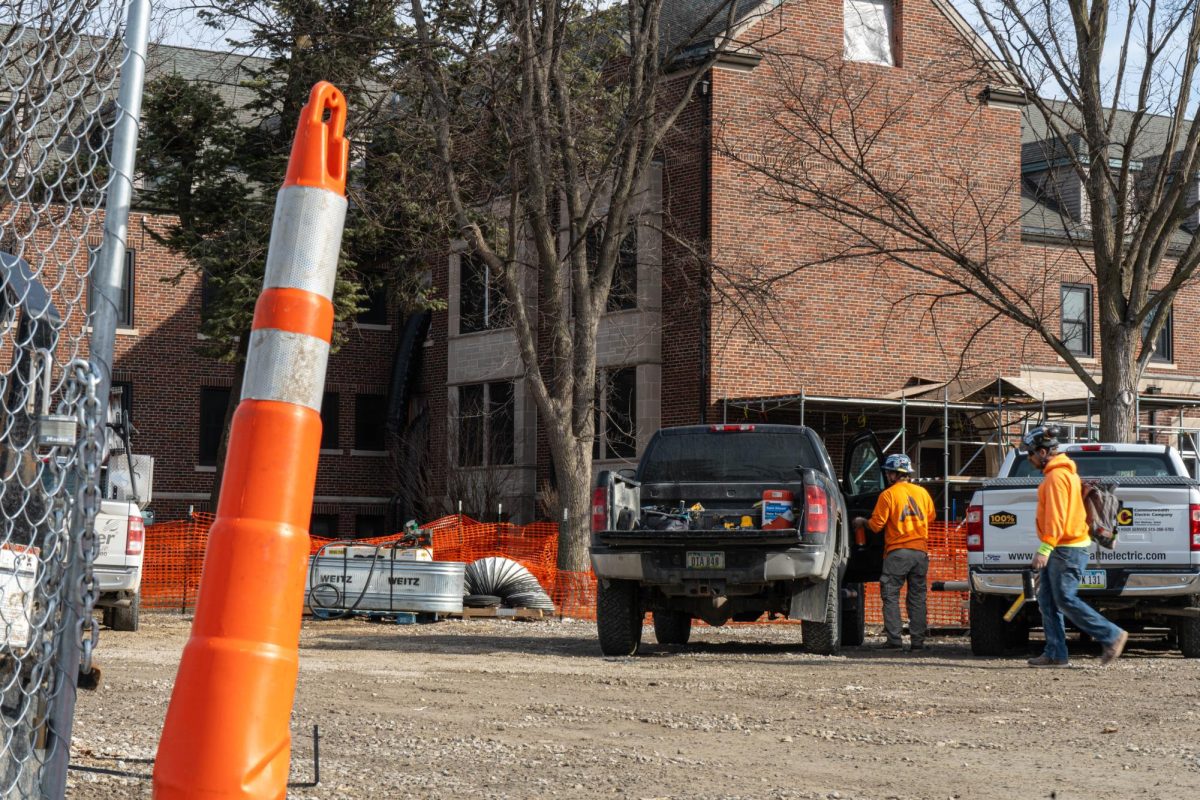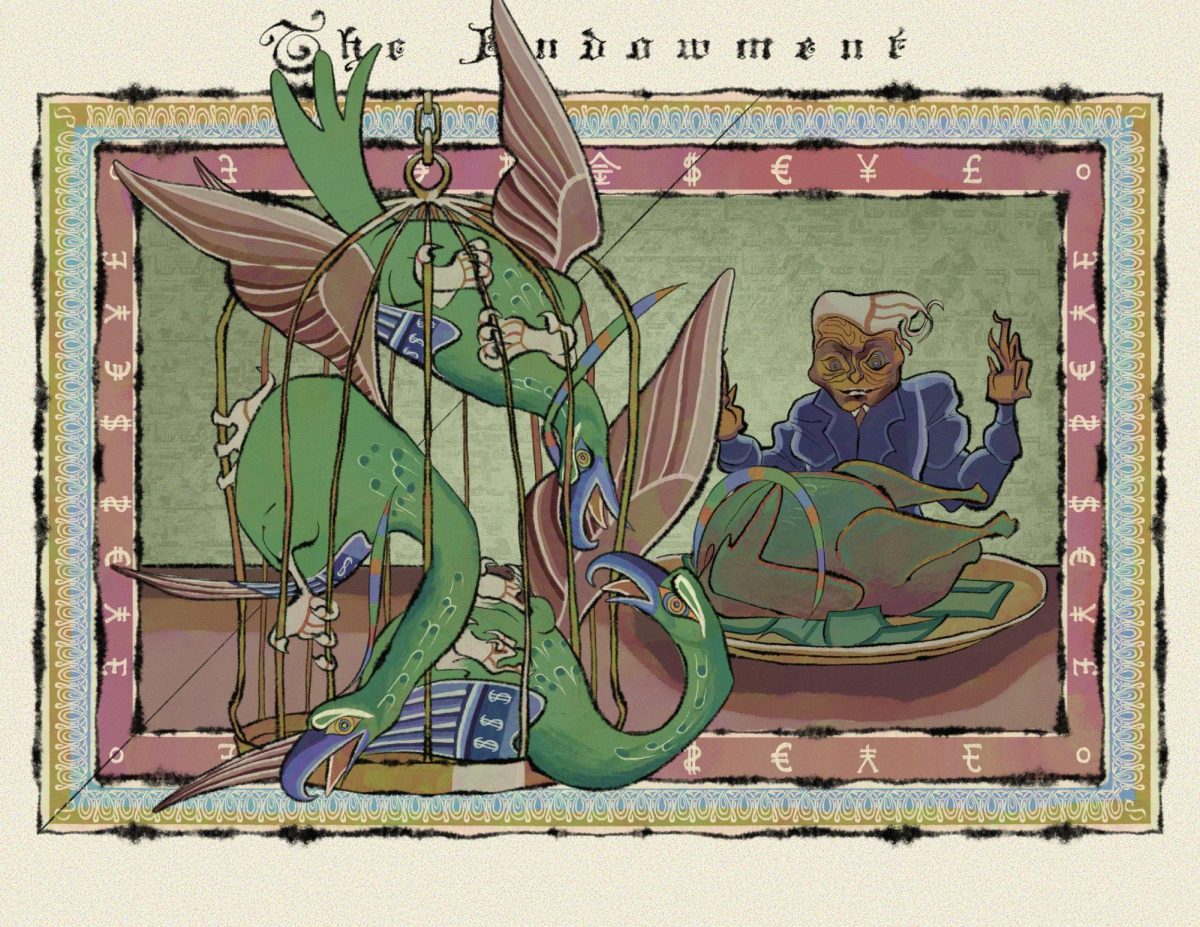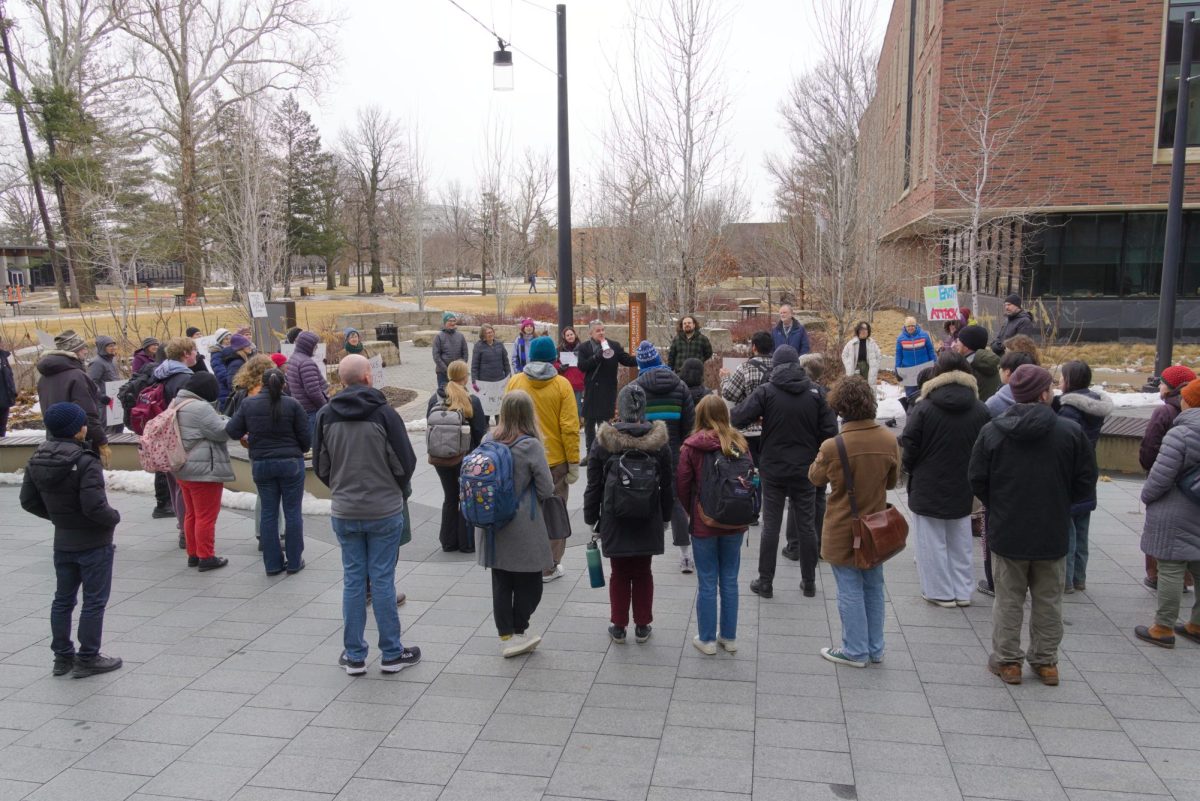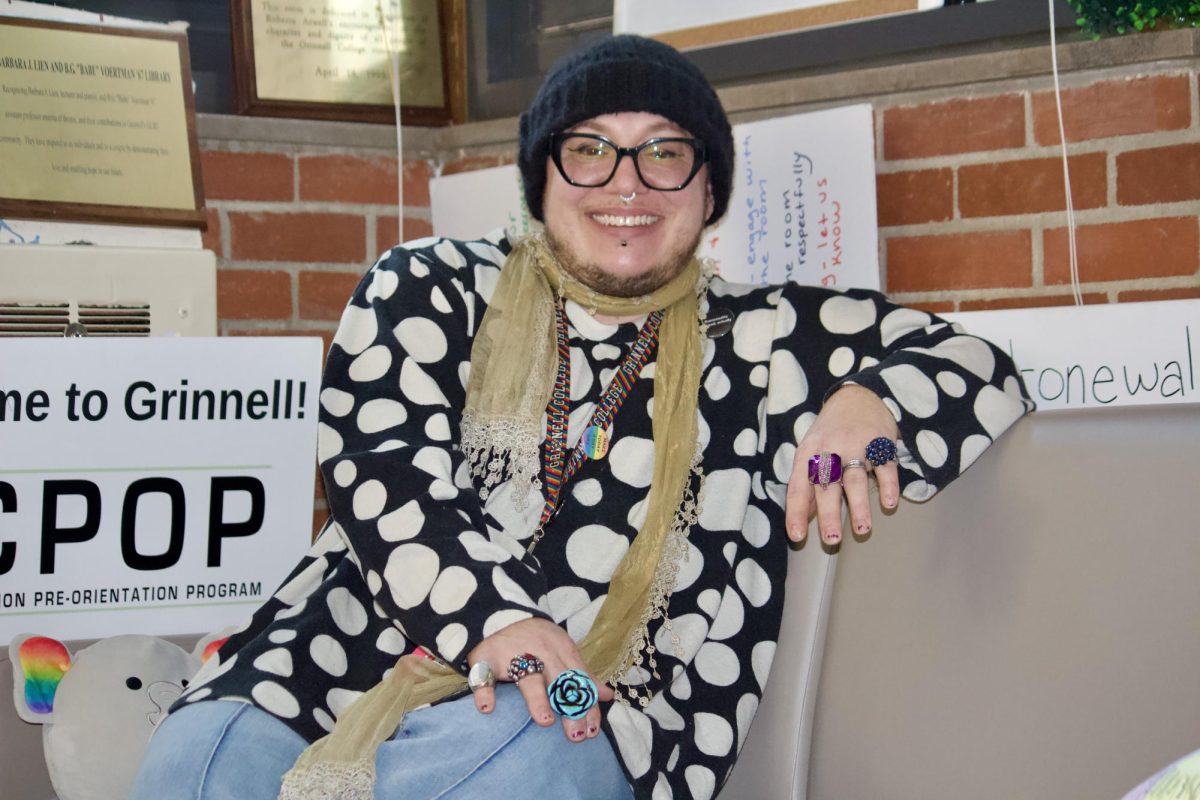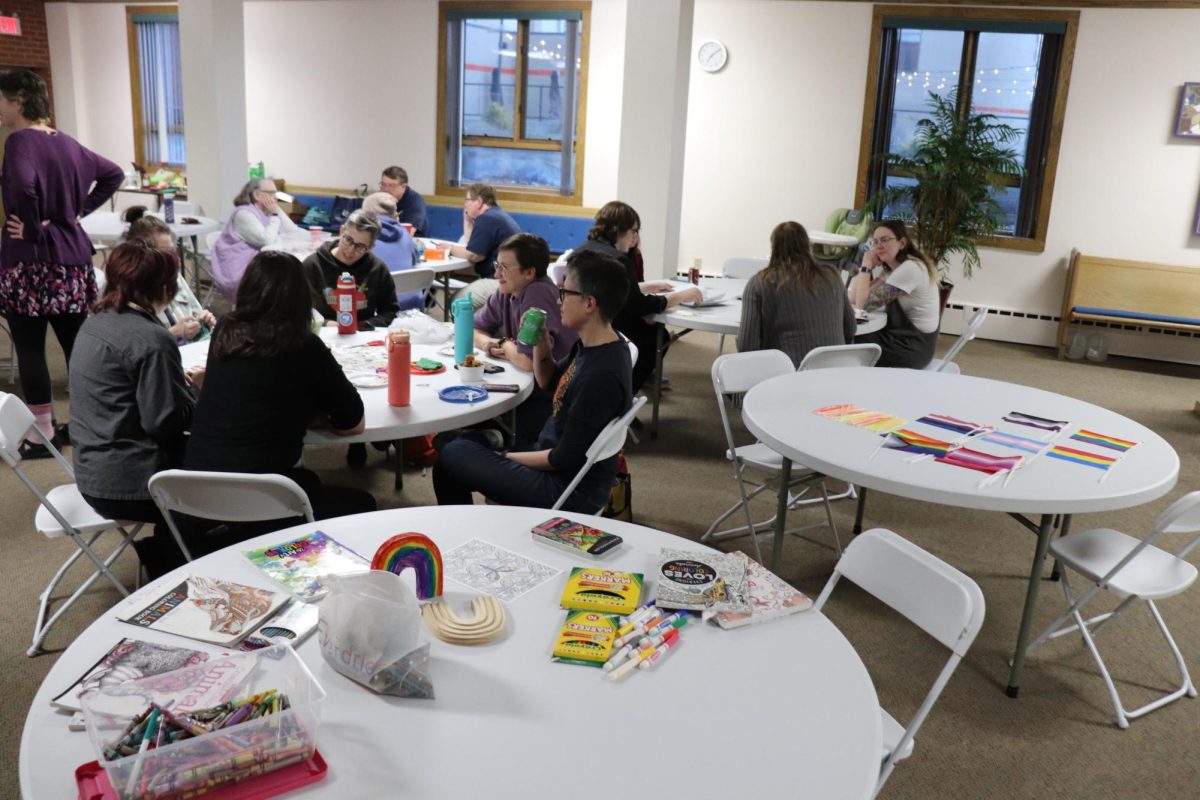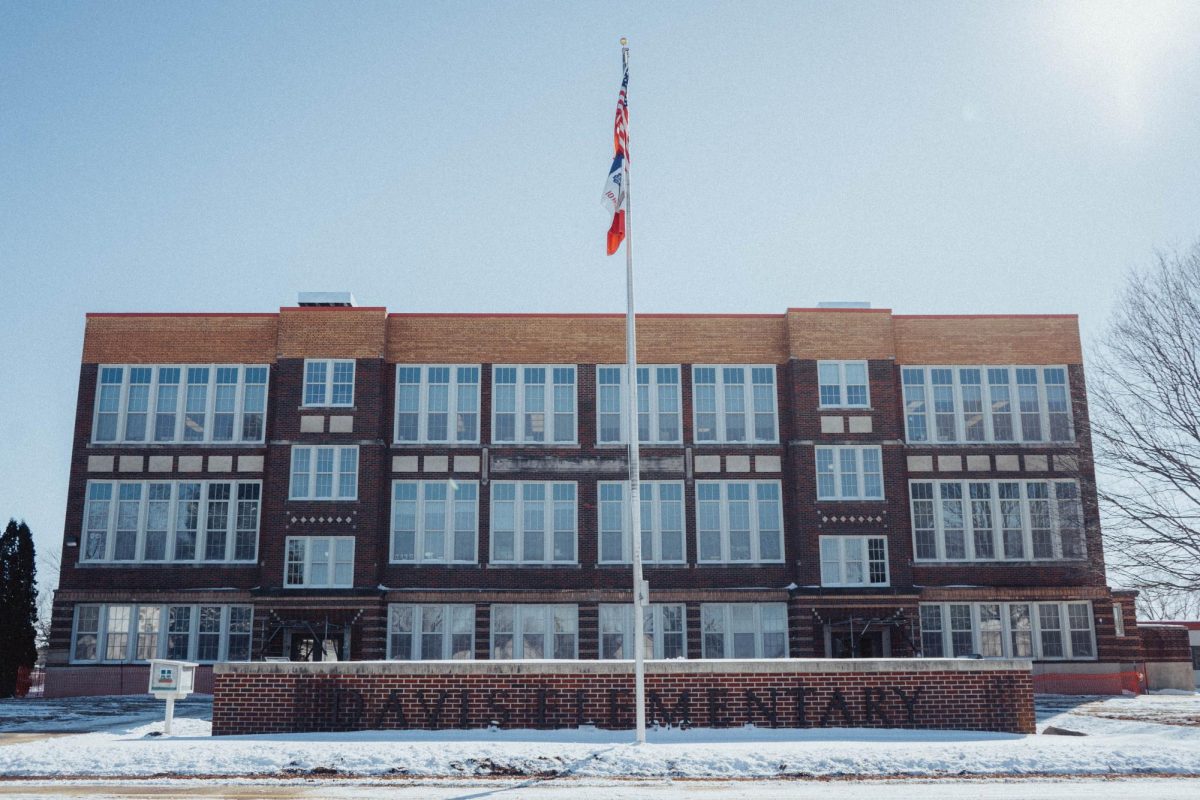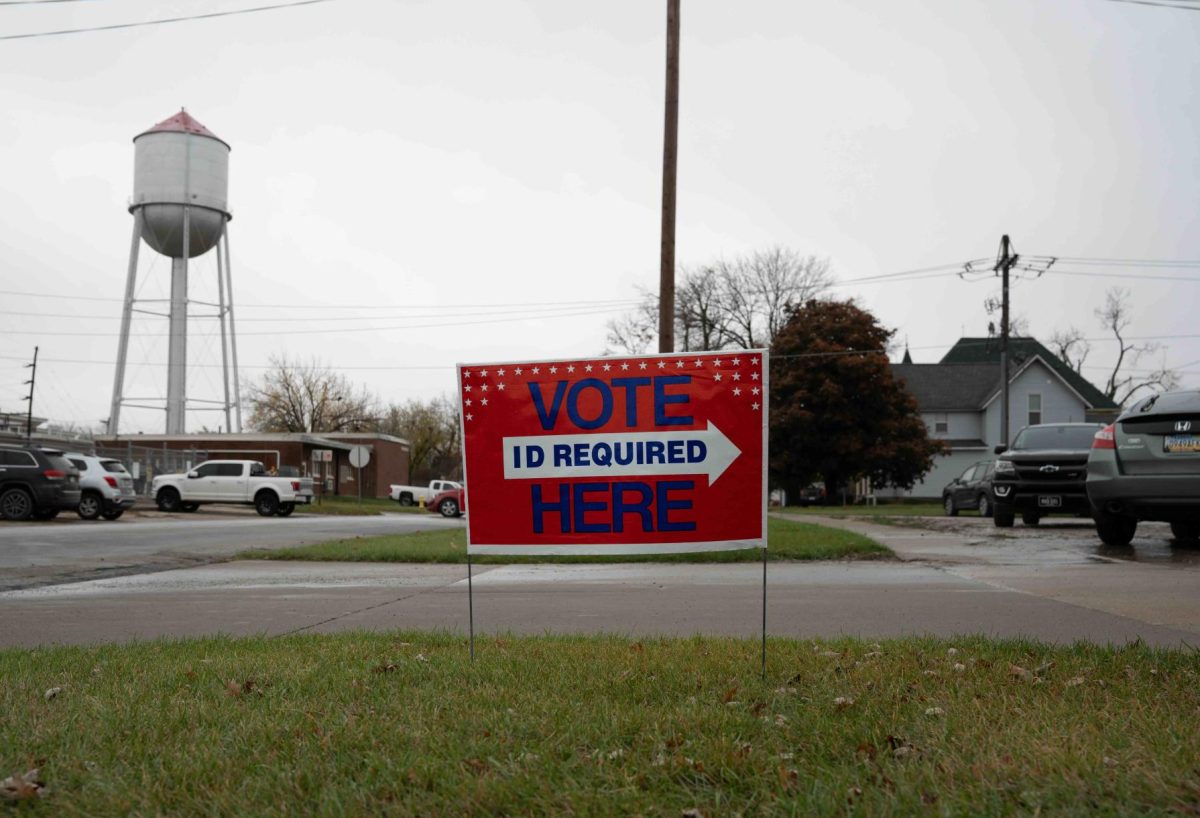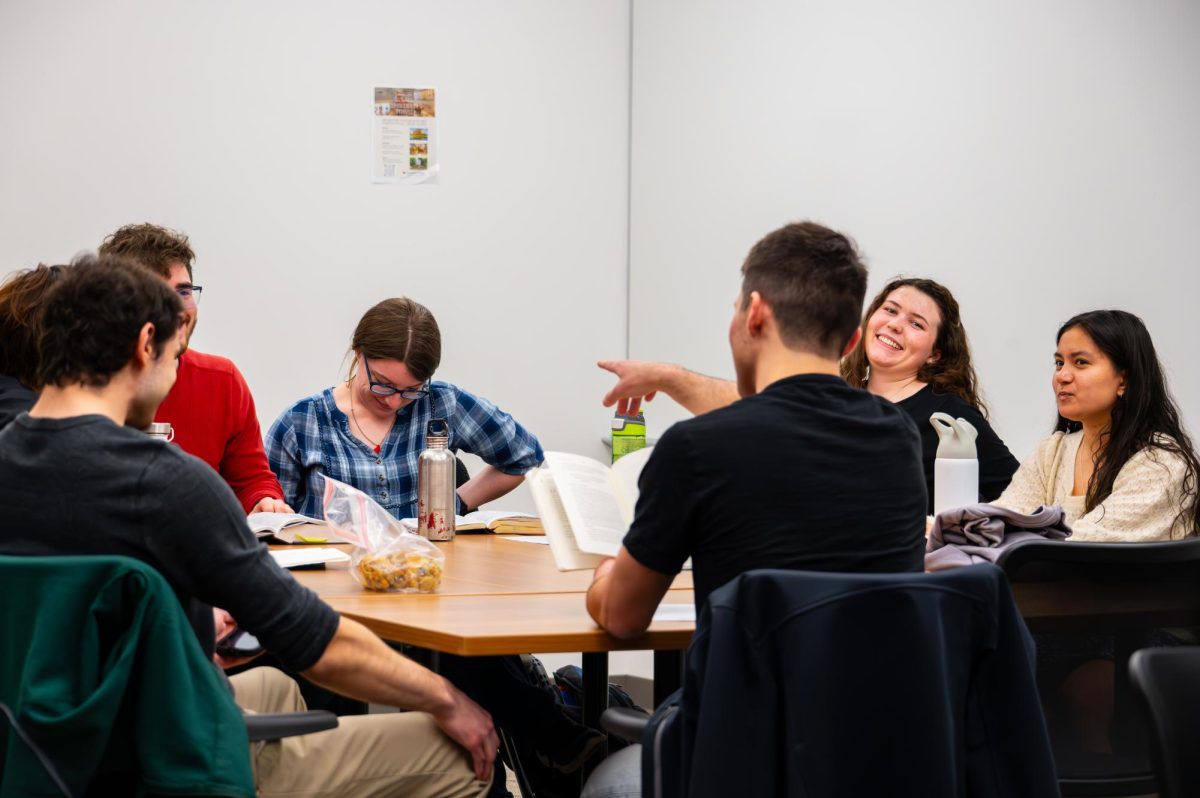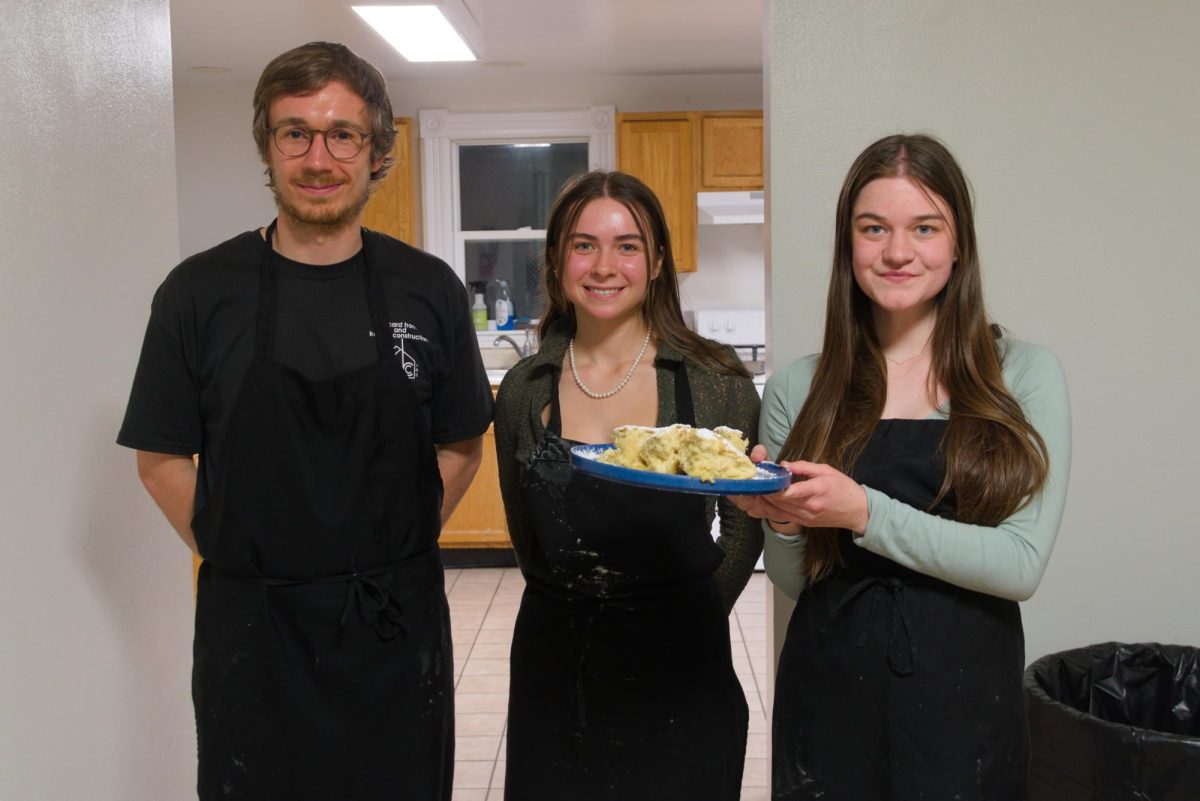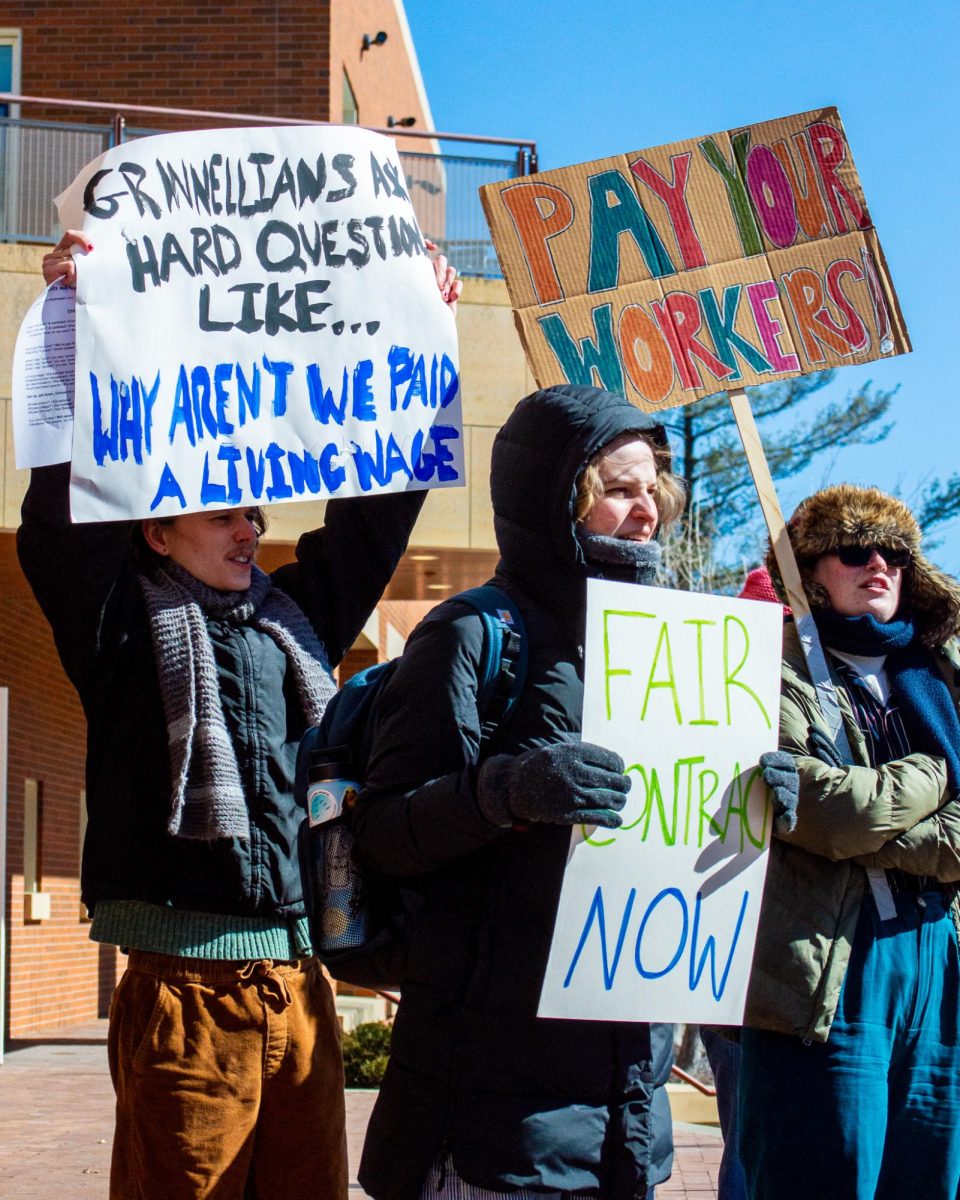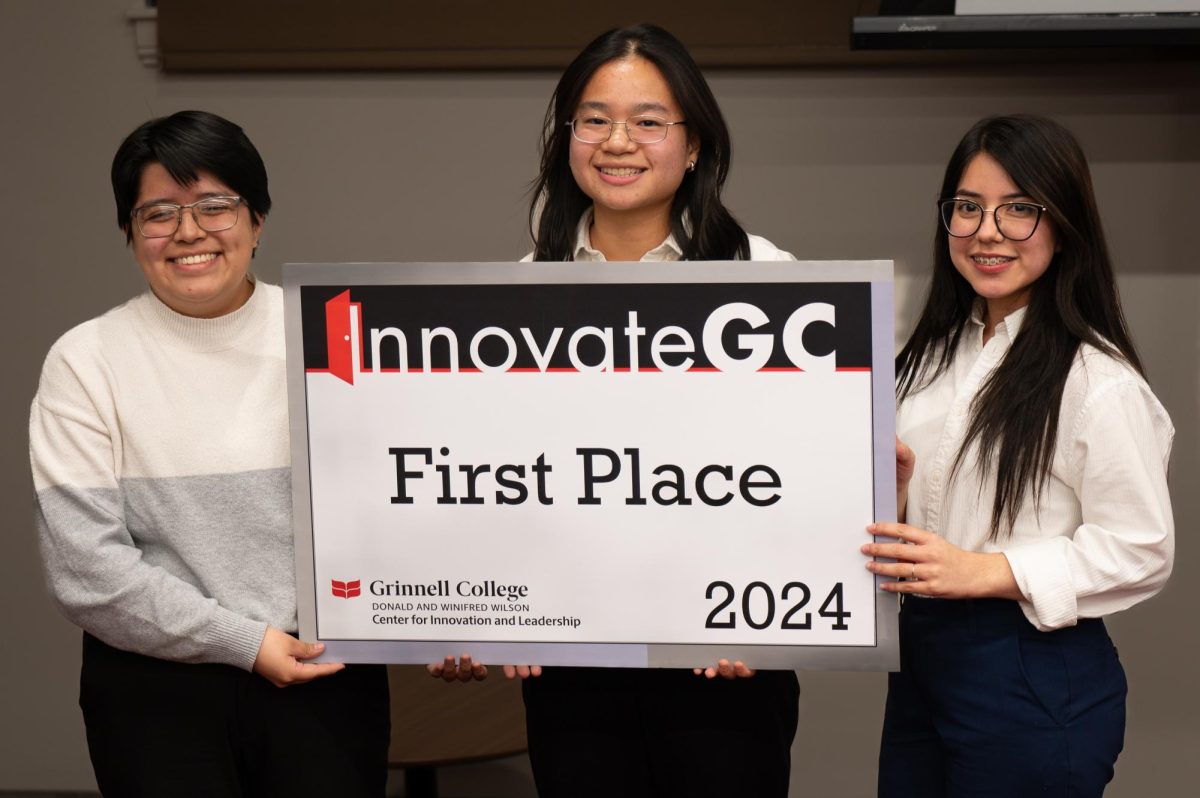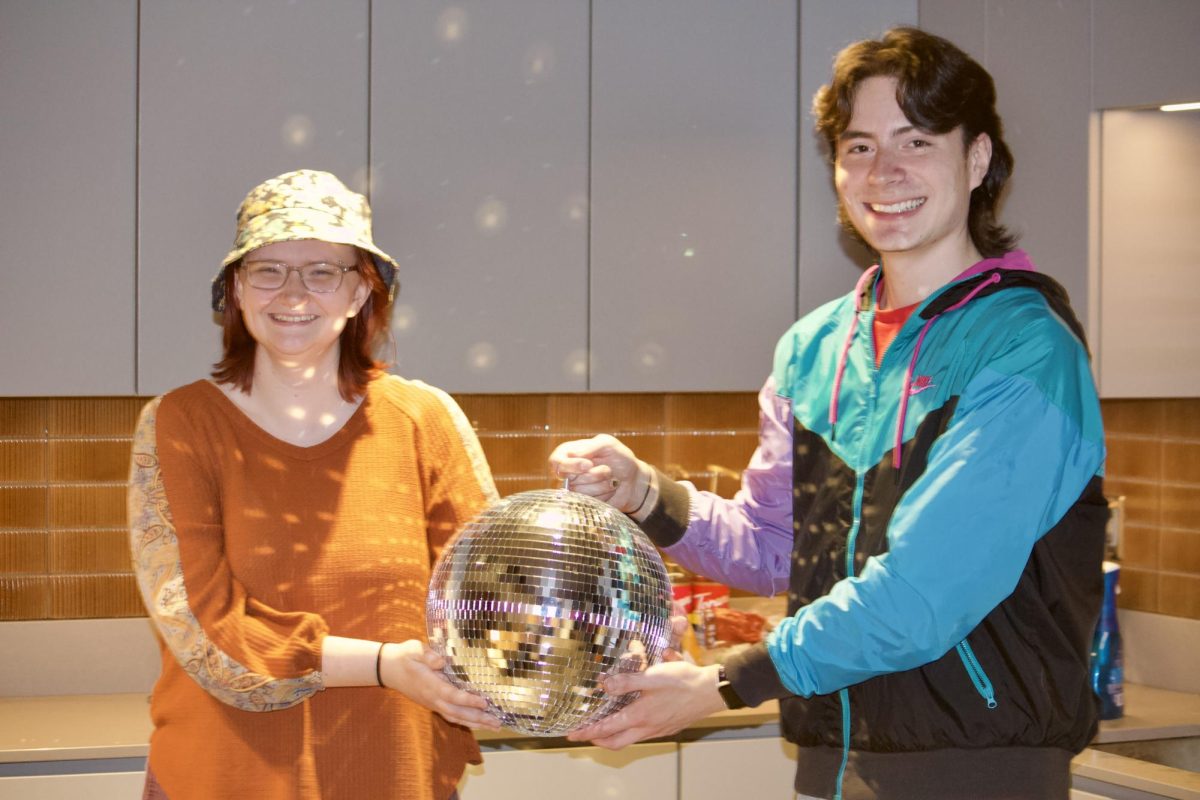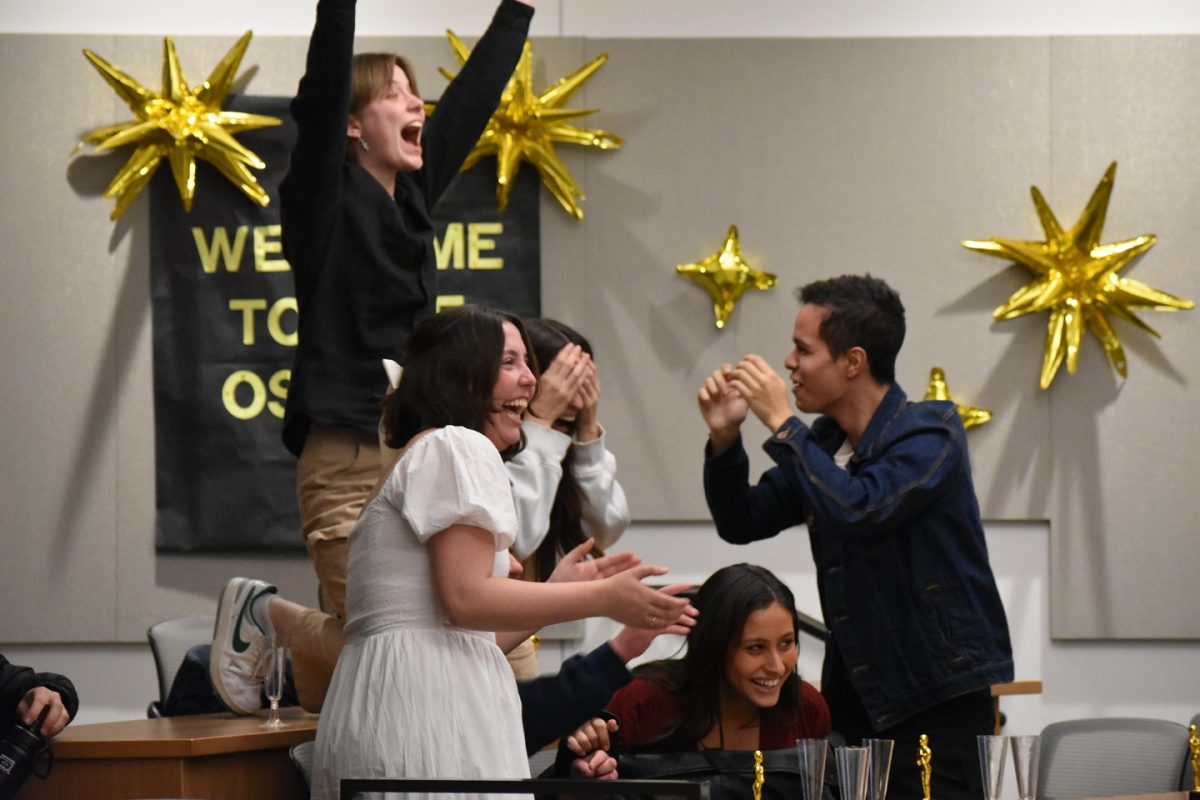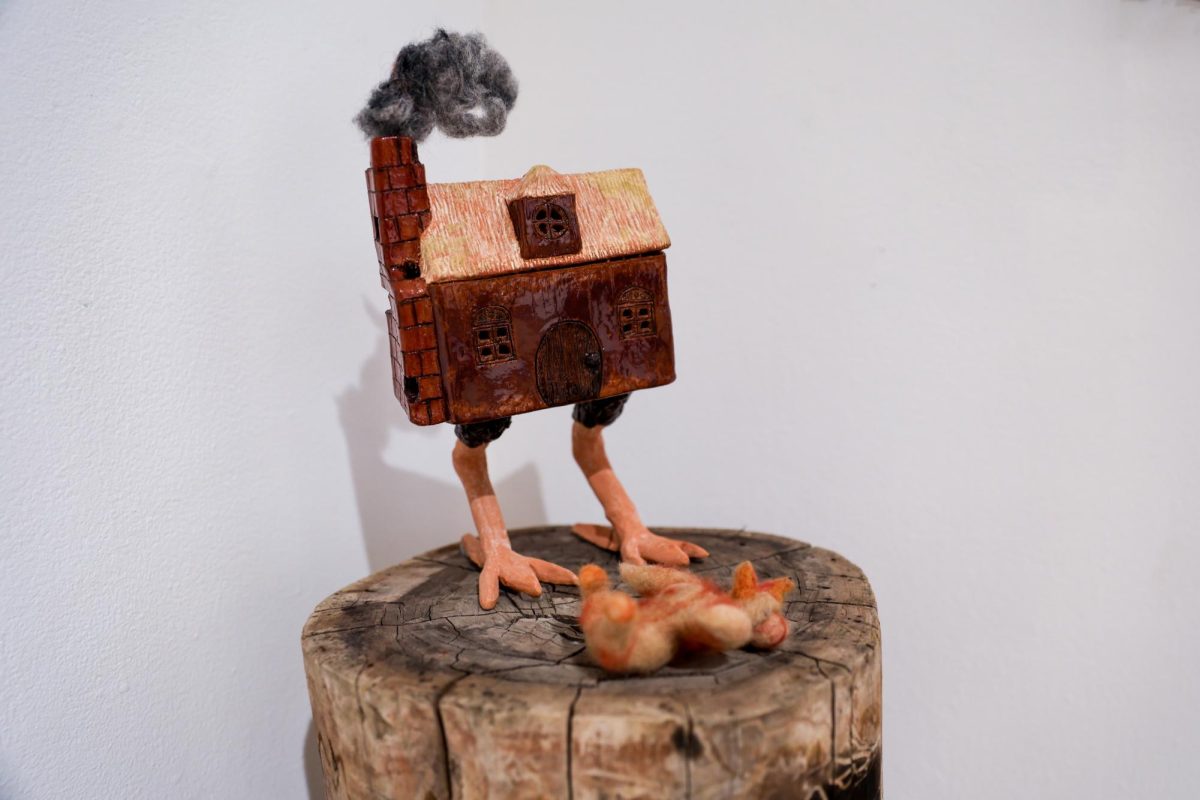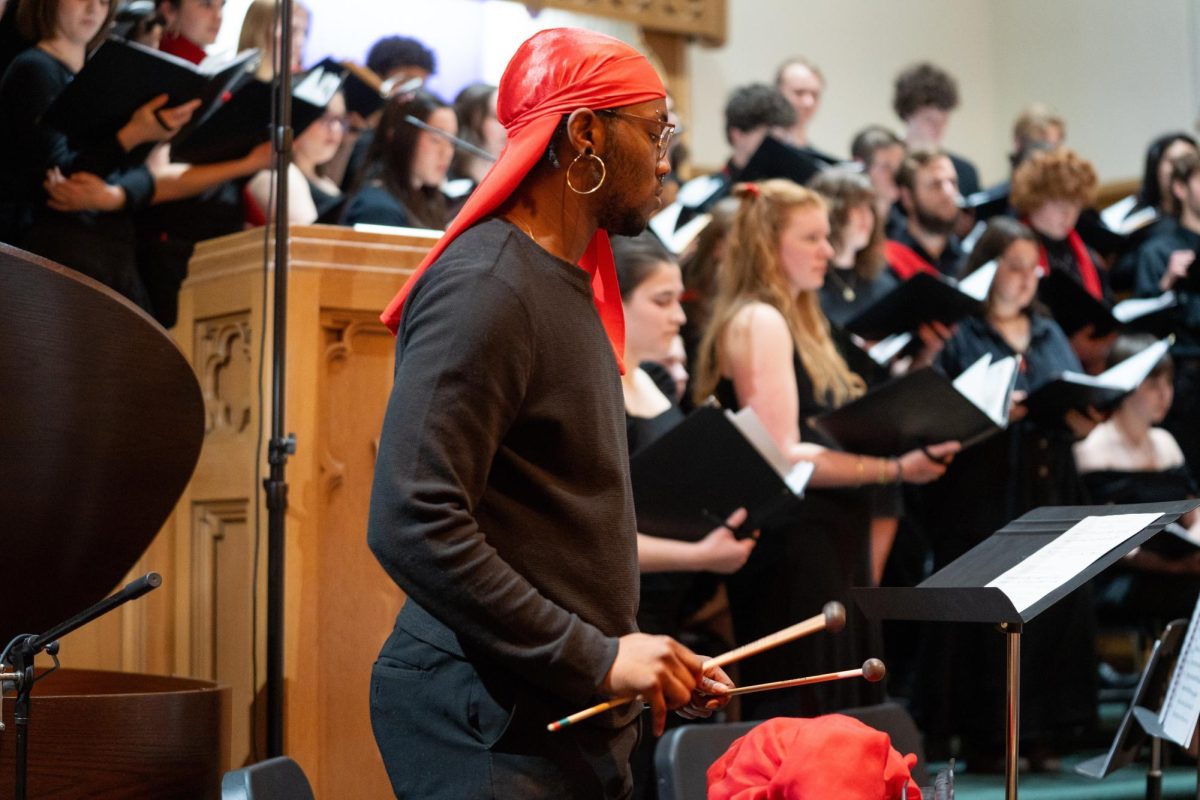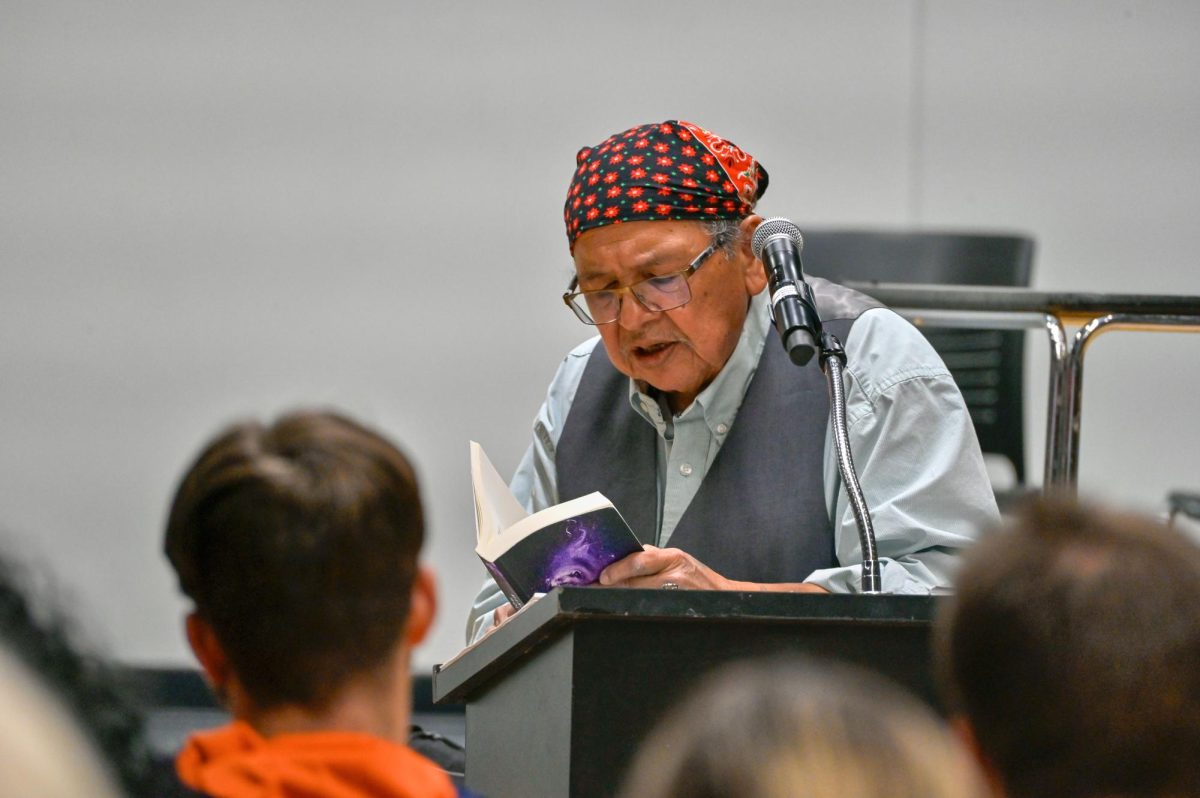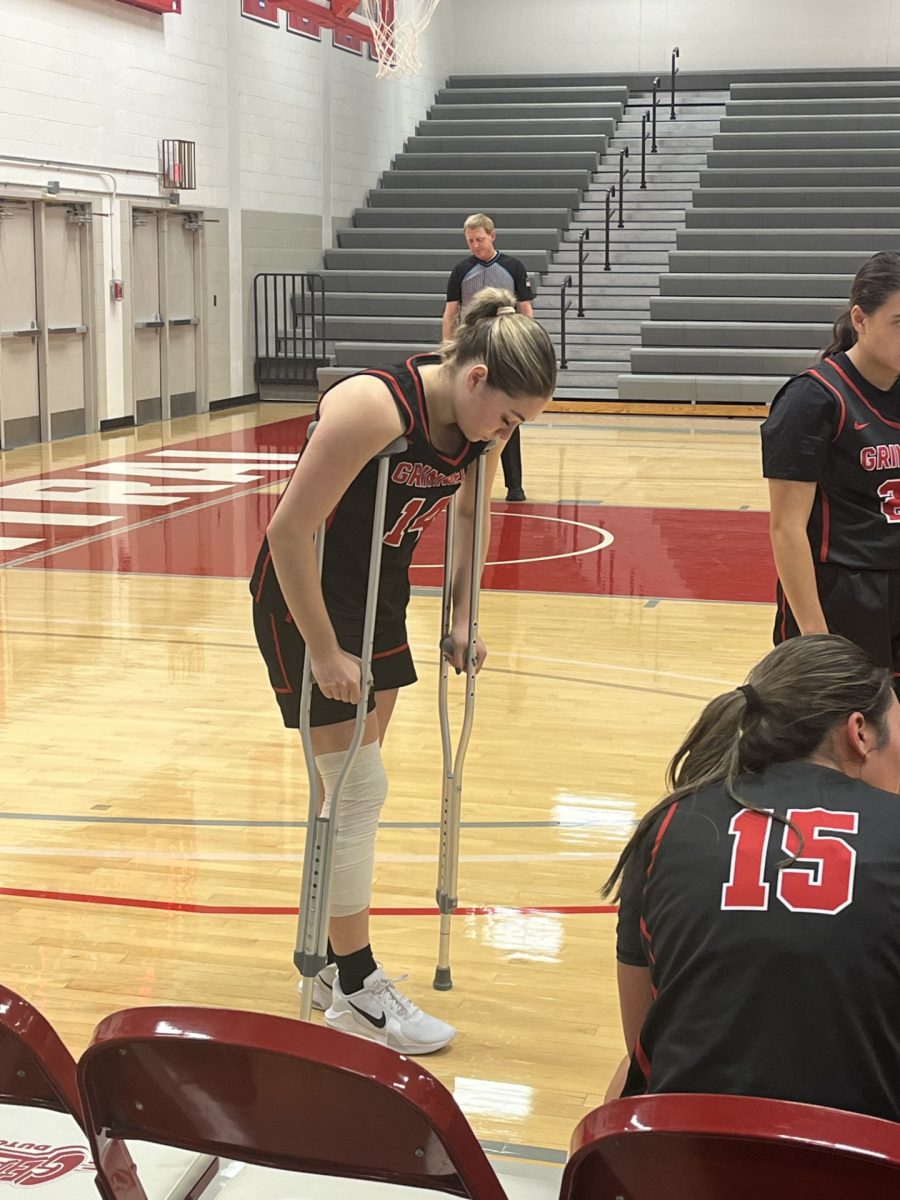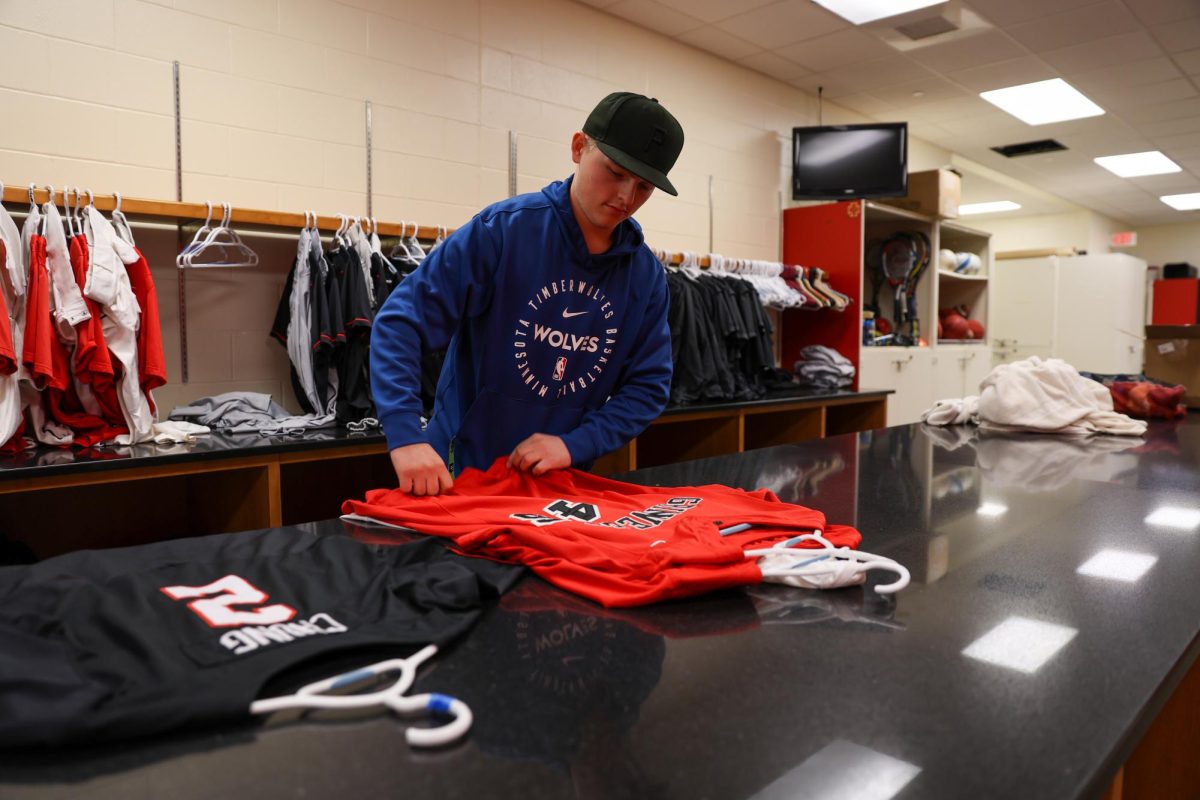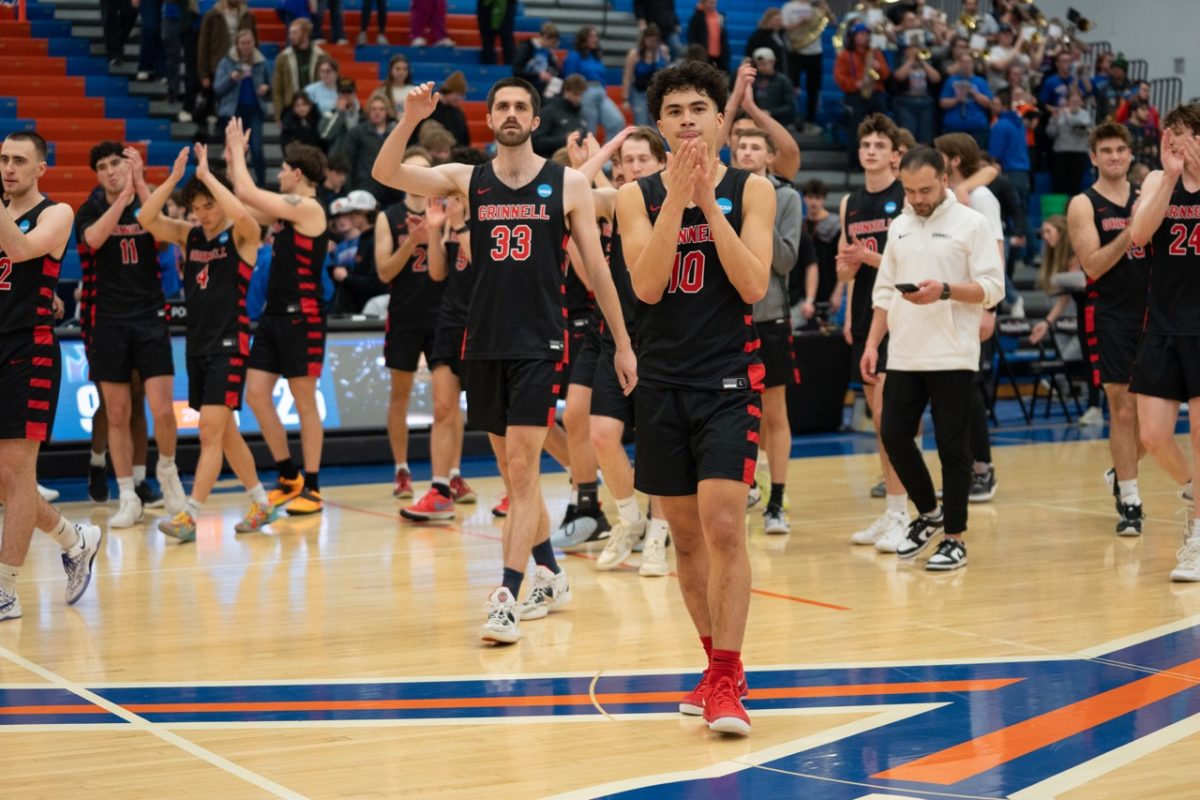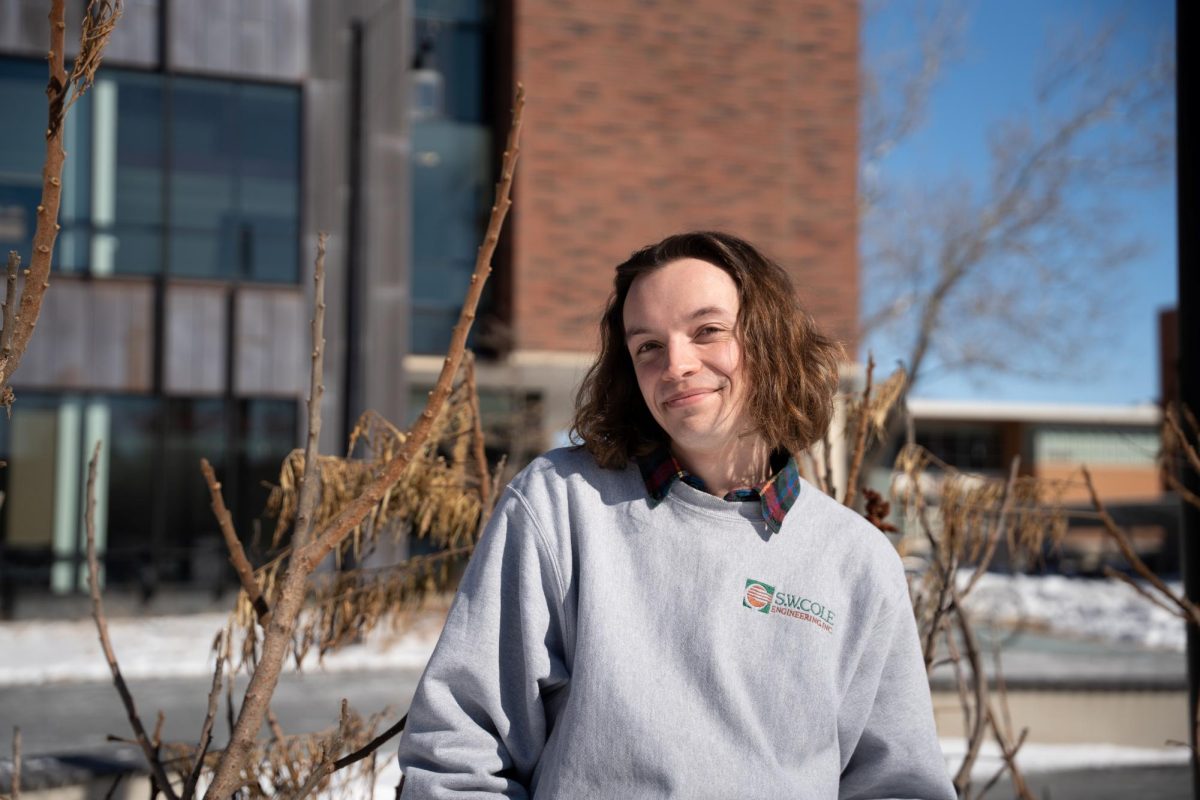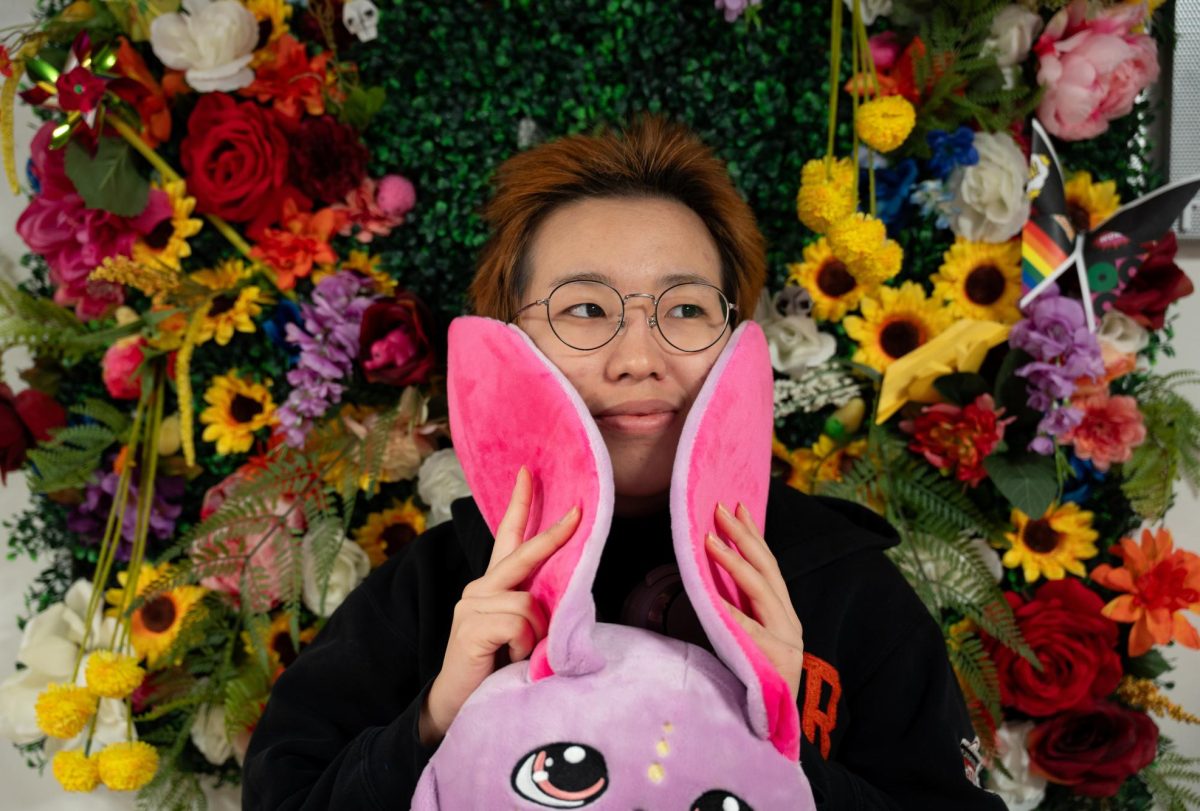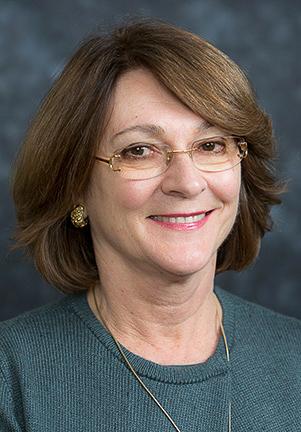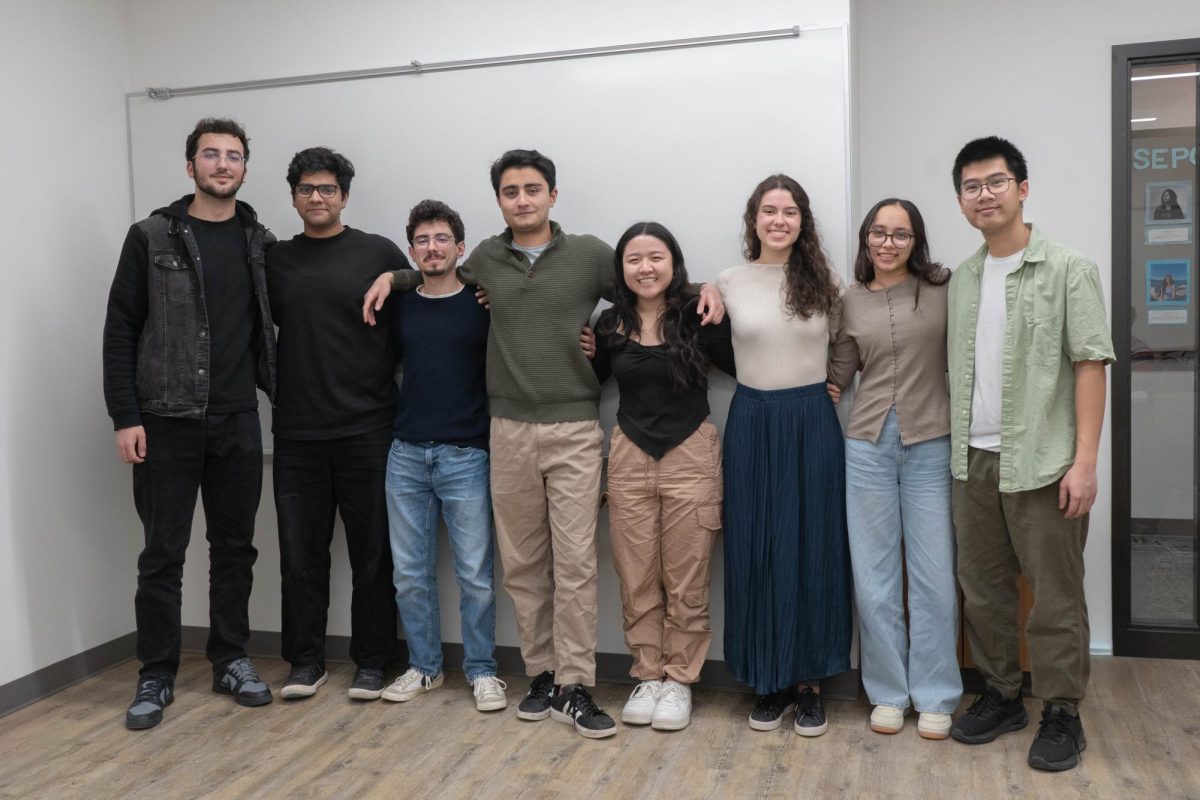Beginning in the spring 2016 semester, first-year students will have the opportunity to travel abroad as part of two new Tutorial classes. These new Tutorial classes will take on a global-scale endeavor as a component of the newly established Global Learning Program (GLP), which is funded by a four million dollar donation from Susan McCurry ’71, a Grinnell trustee.
In addition to the Tutorial classes, two other key components of the GLP are Designated Courses and Scholars Fellowships. These ideas were mainly formed by David Harrison, the Director of the Center for International Studies, Professor David Cook-Martin, Sociology, and McCurry herself.
“We actually worked for over two years on the concept and how to build the curriculum,” McCurry said.
The inspiration for the GLP stems from McCurry’s commitment to international education, and all components will include travel to multiple countries. McCurry explained that she was interested in giving students the opportunity to take their learning beyond the confines of the classroom.
“I was interested in an extended travel that would allow students to not only learn about international issues in the classroom, but experience it in the field,” she said.
The Tutorial classes will be only available to first years in the spring, but will not be a replacement for First-Year Tutorial classes in the fall semester. One Tutorial will focus on issues of tolerance and identity in modern Europe, which will be taught by Harrison and Professor Dan Reynolds, German. The other will address the roots of liberal arts education, and will be taught by Professors Mirzam Pérez, Spanish, and Aysha Pollnitz, History.
Participants in these courses will travel to Europe or Latin America for three to four weeks during spring break and at the end of the school year. These courses will have no prerequisites, but there will be a selection process.
“You want students who have the flexibility of mind to go into this with an open mind and discover something,” said Michael Latham, the Dean of the College.
The tutorial is designed to expose first years to a global perspective, and possibly shape their future course path, Harrison explained.
“Students who come to Grinnell will have the opportunity to discover the world in their first year,” Harrison said. “Hopefully that will increase their interest in learning about the world throughout their four years of college.”
The GLP Designated Courses are designed as more specialized classes for upperclassmen, but they will not be initiated the next academic year.
Additionally, the GLP Scholars Fellowships will provide for graduating seniors to pursue their areas of interest by allowing them to spend a year abroad of independent study in more than one country, which is similar to the benefits of the Watson Fellowship.
“This gives them an opportunity at that point in their lives [which] will really help them think seriously about what their next steps are,” Latham said.
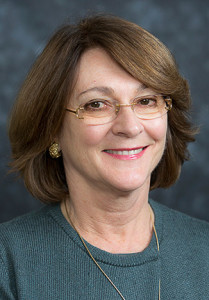
Photo contributed.
The fellowships are also meant for faculty to design curriculums towards GLP courses, and will used to fund professors’ travels abroad with the intent of helping them with constructing these curricula.
“We want as many faculty as possible at Grinnell to be interested in teaching a course with an international travel component,” Harrison said.
According to Harrison, Latham and McCurry, this new endeavor will distinguish Grinnell from its peer institutions.
“How many students at other liberal arts colleges have the opportunity to study the world and go to sites around the world and study as an integral part of their learning experience without having to pay extra tuition?” Harrison said.
The GLP will also accredit Grinnell as an institution that emphasizes globalism, which has been a significant part of the College’s educational mission.
“We have made a real commitment to international education,” Latham wrote. “But it’s not somethwing we do to brand ourselves, or identify ourselves, and I think it should be.”
Thus far, the GLP is envisioning a 10-year scope, but McCurry hopes it will continue to develop further.
“I’m hoping that more trustees and donors and alumni will be excited about this, too, and donate to this program so it can be expanded,” McCurry said.

